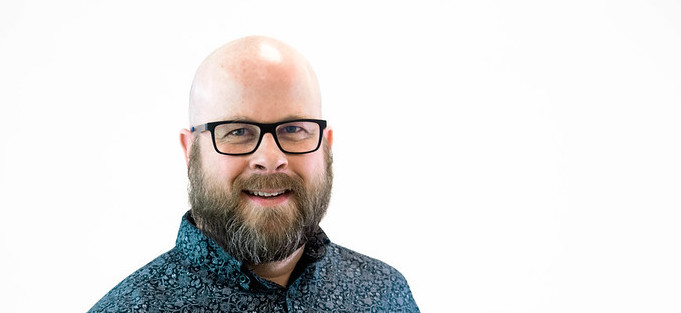
Technology-Integrated Assessment in Higher Education

Among the most important roles of instructors in higher education is the task of certifying that each individual learner in their course has achieved a particular standard in relation to the intended outcomes of the course and that achievement is both a valid and reliable measurement of the learner's true ability. The importance of this determination is a reflection of how student achievement data are used in not only summative course assessments, but also predicting future success, awarding scholarships, and determining acceptance into competitive programs. In order for this accounting for learning to accurately reflect the goals of any given course, it is necessary to ensure that the assessment strategy be aligned with course learning outcomes.
However, Broadfoot (2016) and Pellegrino and Quellmalz (2010) argue that the goals and intended outcomes for higher education have changed as society has become more saturated with digital technologies. These changes have precipitated parallel shifts in both the cognitive and affective competencies required of digitally literate citizens. Predictably, this has led to an increasing gap between traditional assessment structures which prioritize validity, reliability, fairness, and objectivity through psychometric analyses and modern goals of higher education prioritizing more affective constructs such as cooperation, empathy, creativity, and inquiry.
Photo by Mirasbek Nurseit on Unsplash
Philosophy of Teaching and Learning
In my research and practice of teaching and learning in higher education, I ground my work in several broad principles related to ontological (who we are), teleological (what we do), and epistemological (how we know) perspectives.